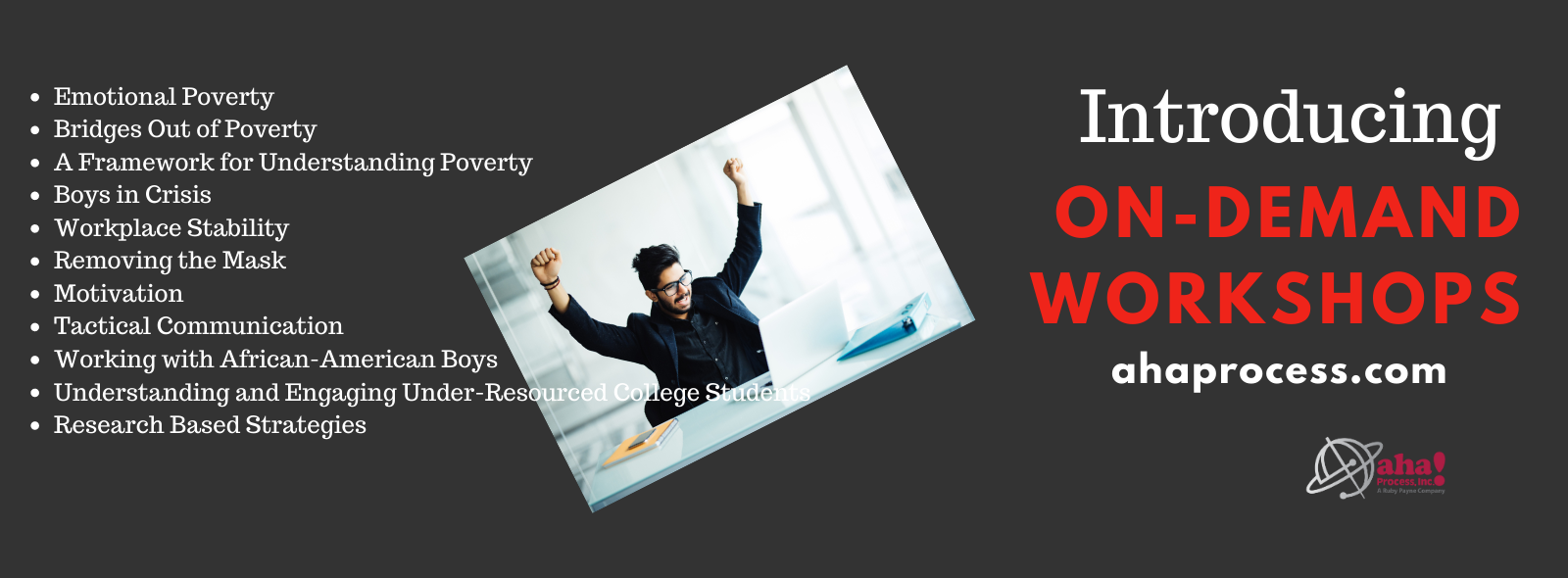The digital divide refers to the fact that many under-resourced communities have limited access to technology and broadband. In education, the disadvantage is clear. As the U.S. gears up for the first ever high-tech Census, the obstacles to the Census posed by the digital divide are becoming clear as well.
Many people in populations the Census has traditionally had trouble counting are not digital natives. They may not have an internet-connected device in the home, and they may not know how to access the Census forms online.
However, as this article from Governing.com points out, this presents an opportunity for Census workers to do outreach that could have long-lasting effects in those communities. When people who might not bother with it otherwise are given instruction on using digital devices and the internet, they can transfer those skills to other aspects of the increasingly technological world.
In education, technology can help “leapfrog” students’ educational progress, according to this article from Brookings. The article looks at three ways educational technology can help: “(1) fostering playful learning; (2) engaging with the community; and (3) supporting or ‘unburdening’ teachers.”
To address the digital divide, some developers are creating apps that work without an internet connection. GuruGee, and tutoring app for students in India, works without the internet on any Android device. The app is used by nearly 13,000 teachers and 320,000 students in India.
According to this paid article from Yahoo Lifestyle, Verizon Innovative Learning is working on the problem as well. The gap has closed in the past 10 years; in 2010, 21% of children ages 3–18 didn’t have high-speed internet access; the latest stats show it is just 14.3%. The numbers of those without access change, however, when accounting for race: 19.2% of African American kids, 17.3% of Latinx kids, and 36.7% of Native American kids don’t have access.
To address these gaps, Verizon is giving schools with high proportions of under-resourced students tablets that include free data plans and education apps. They are also providing technology coaches and professional development for teachers.
Now anyone can access on-demand professional development from aha! Process. Check it out!









